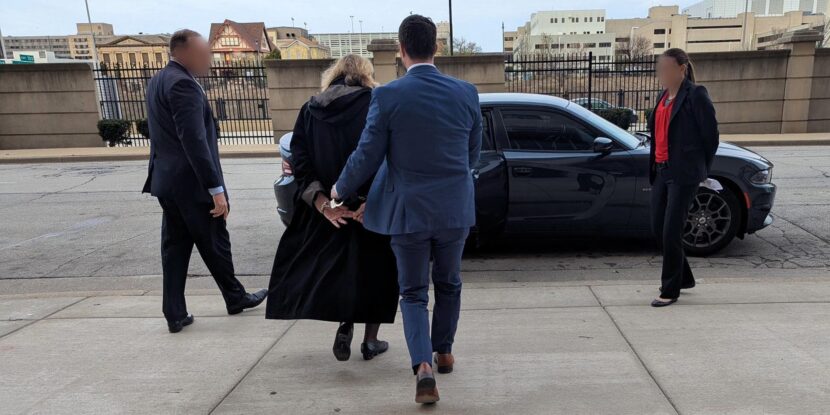The Washington Post Editorial Board is priming readers to expect an apparent victory for Donald J. Trump on election night, being reversed by a flood of mail-in ballots, as in 2020. “If Democrats continue to vote by mail more than Republicans, early returns will probably show Mr. Trump leading, but the gap will close as votes are tallied,” the board writes, describing this as a “red mirage.”
Trump, The Washington Post recalls, described this as a case of “Democrats dumping ballots” in 2020, but the board insists it was actually “an entirely foreseeable and legitimate consequence of voting patterns and state counting policies.”
The board notes that “Mr. Trump may well win this election fair and square” but stresses that “Democrats returned 18 million ballots by mail compared with about 10 million from Republicans across 20 states with party registration data” in 2020 and that “it will probably still take longer to tally the high volume of ballots in [Democrat-voting] urban centers such as Philadelphia and Milwaukee than the lower number in redder, rural areas.”
However, The Washington Post concedes that the Democrats’ mail-in voting advantage narrowed in 2022, with the left-liberal party casting 7.6 million mail-in ballots compared to 5.1 million for the Republicans.
ENTIRELY LEGITIMATE?
Despite the Democrat and corporate media’s insistence that mail-in voting is secure, research suggests such ballots were substantially fraudulent in 2020.
For instance, polling of mail-in voters by the Heartland Institute found that 17 percent of respondents voted in states where they were no longer residents, 21 percent filled out ballots for someone else, and 17 percent “forge[d] the signature of a friend or family member on their behalf, with or without their permission”—all election law violations that would render the ballots invalid. Ten percent of respondents also said they knew someone else who had committed these offenses.
Rasmussen polling resulted in similar findings regarding mail-in voters casting ballots in the wrong state and filling out other people’s documents. One in 10 Rasmussen respondents also said they were offered “pay” or a “reward” for voting in 2020.





















